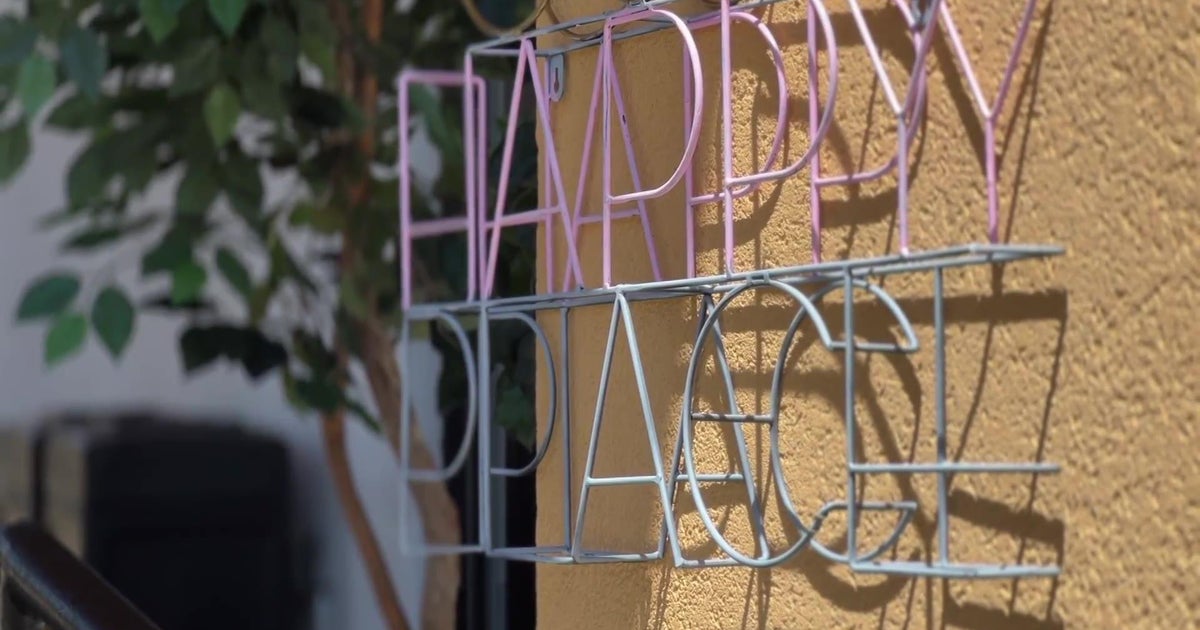A mental health program in Colorado that helps our most vulnerable is closing down due to funding shortages, leaving residents without a clear path forward.
Mental Health Colorado has been running a program called SAFER since the pandemic, an approach they say provides care instead of handcuffs.
One woman says the program has been life-saving, but now, her future is uncertain.

CBS
The shelter in Centennial is more than just a shelter; it’s a second chance. But as the SAFER program prepares to shut down, residents are coming together to figure out where they’ll go next.
Right outside the building, art pieces created by residents like Sarah Wright represent fragments of their stories and their mental health journeys.
“It’s our happy place,” Wright said.
She’s one of more than a dozen people who found stability through the SAFER program, which helps those experiencing homelessness, mental health conditions, or incarceration get back on their feet.
“All of us have transitioned ourselves for the better,” Wright said.

CBS
She came to the shelter after fleeing a domestic violence situation.
“This program saved my life,” said Wright.
The program launched during the COVID-19 pandemic as part of jail population downsizing efforts, funded by federal ARPA relief dollars. However, that money is running out and won’t be replenished, said President and CEO of Mental Health Colorado Vince Atchity. The space has been a transitional shelter where people received help accessing healthcare and other vital services, as well as finding stable housing.
“Right now, we’ve got about 18 folks, and their pathway into permanent housing needs to be accelerated over the next couple of months,” Atchity said.
According to the nonprofit, just three out of the 221 people served by SAFER have acquired new criminal charges as of August 2024, an indication, Atchity says, of the program’s success.

CBS
“The work we’ve done shows there are people who don’t belong in jail,” he said. “They’re not an imminent threat to public safety, but without shelter and coordinated services, they’re at risk of incarceration or homelessness. We want communities to understand that investing in housing and support services is a better use of public funds.”
While case managers are working to support residents, several tenants say they’ve been told they have less than two weeks to find a new place to live.
To help, Wright has launched an online fundraiser, hoping to ease the burden for herself and others.
“The uncertainty, the exhaustion, it just feels surreal, like I’m waking up from a bad dream,” she said.
Residents say SAFER gave them more than a roof; it gave them hope. A community meeting is set for July 14th at the shelter with the goal of finding a solution to save the program.
More from CBS News
